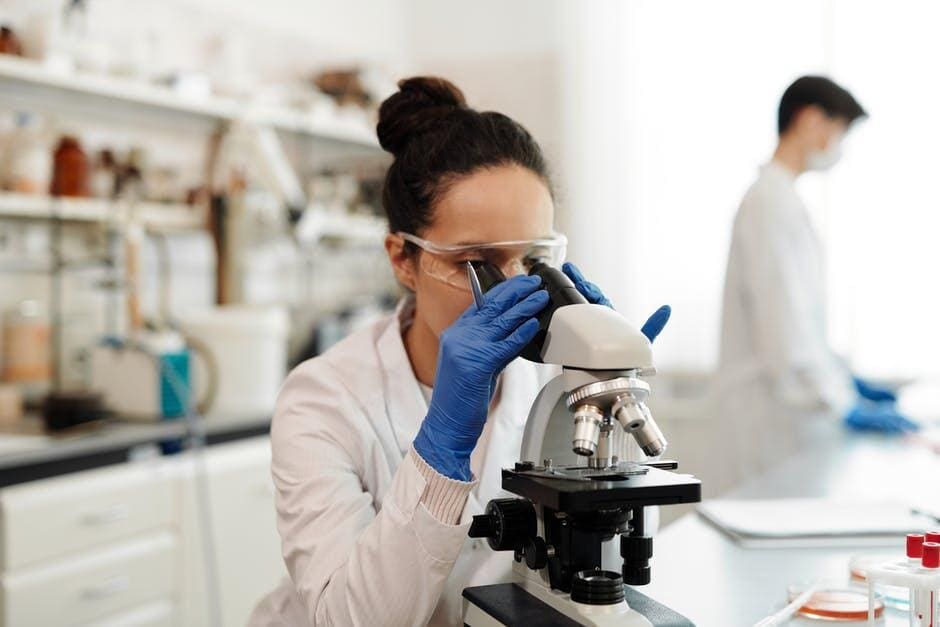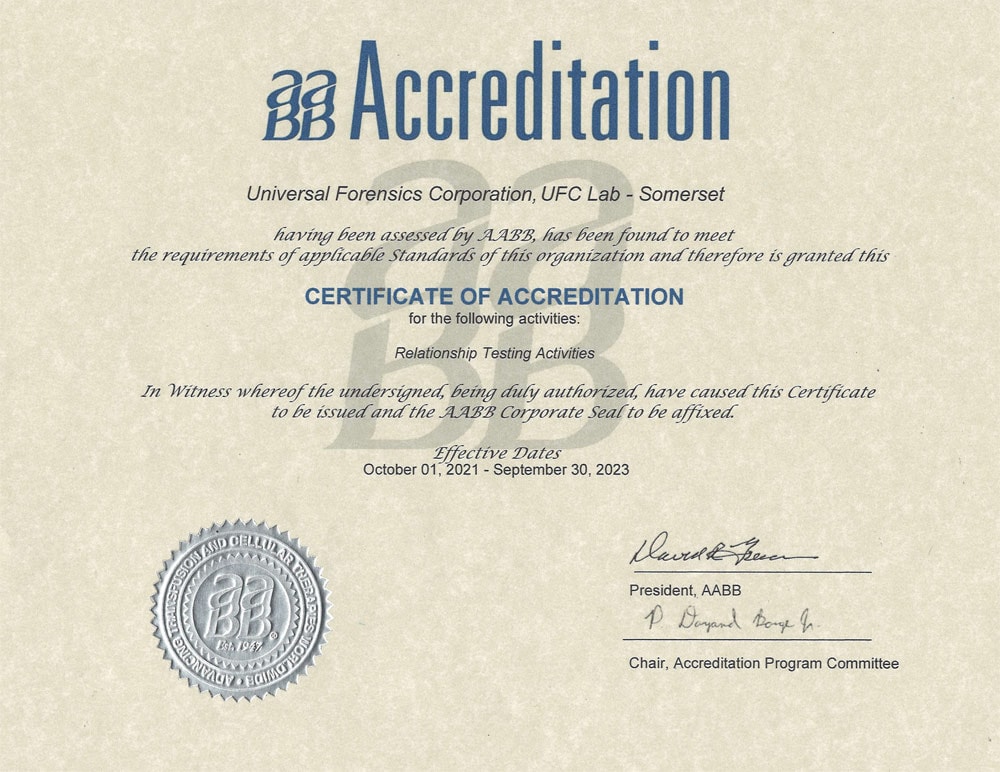How Long Do Paternity DNA Tests Take?

Are you wondering how long it takes to get results from a DNA paternity test? If so, the simple answer is: it depends.
For starters, there are several types of DNA paternity tests. Since they all involve different procedures for getting a sample, the time to get the test results will vary. The paternity results timeline can also depend on:
- Which lab is doing the testing
- How long it takes for the lab to receive the sample
- How many samples there are
So, how long do paternity DNA tests take? This article will answer that question and anything else you want to know about these tests!
What Is Paternity DNA Testing?
A paternity test relies on deoxyribonucleic acid (DNA) to determine a child’s biological father. This can be important for many reasons, such as:
- Gaining legal rights to child support and custody
- Identifying links to genetic disorders that can affect health
- Allowing a child to learn more about its family history
Since they use DNA, most paternity tests are extremely accurate. DNA is the genetic material inside human cells that makes us what we are. A child inherits half of its DNA from each of its parents.
How Does the Paternity Test Work?
A healthcare provider can perform a paternity test as early as the eighth week of pregnancy. These tests are also available after the baby is born.
A paternity test collects blood samples or tissue from:
- Biological mother of the child
- Potential biological father
- Fetus of the child (in some cases)
Once they have the samples, lab technicians will look for genetic markers that the fetus shares with the mother and potential father. Genetic markers are specific DNA sequences with a known location on a chromosome.
Paternity tests tend to list the probability of paternity as either 99.9 or 0. A result of 99.9 means that the potential father is almost certain to be a genetic parent of the fetus. A result of 0 means there’s no genetic match.
How Long Do Paternity DNA Tests Take?
As mentioned, paternity tests come in several types. Here’s how these tests work and how long they take.
Noninvasive prenatal paternity (NIPP) test
A NIPP test aims to analyze fetal DNA in the mother’s blood. The healthcare provider will take a blood sample from the mother after her eighth week of pregnancy. A specialist will analyze trace amounts of the fetus’s DNA in the sample.
Then, a specialist will compare this DNA to the DNA in a cheek swab from the potential father. A NIPP takes a few minutes to do and you’ll get results within three days. It’s also 99% accurate and very safe.
Potential risks include:
- Pain
- Infection
- Bleeding
- Fainting
- Bruising
Amniocentesis
Amniocentesis is an invasive prenatal test. It can occur during the mother’s second or third trimester (15-20 weeks). The healthcare provider will insert a thin needle through the abdomen to take an amniotic fluid sample.
Again, the specialist will compare this sample to the cheek swab DNA of the potential father. The test takes 10 minutes to complete, and the DNA test results time can take up to several weeks.
Amniocentesis risks are minimal, but they can include premature labor or miscarriage.
Chorionic villus sampling (CVS)
A CVS test works much the same way as amniocentesis. It usually occurs 10-13 weeks after the mother’s last menstrual period. The healthcare provider will use a thin needle to retrieve a small sample from your placenta.
The procedure can take place through the mother’s cervix or abdomen. Both methods take under 30 minutes, and you should get preliminary results within a few days. That said, some conditions take longer to test for.
CVS tests are safe, but the rare risks can include miscarriage.
Cheek swabs
This method involves swabbing the inside of the cheek of the child and the potential father. It can take place at home or in a medical setting. Either way, you’ll send the samples to the designated lab for analysis.
The cheek swab is completely safe. It usually takes a week or two to get your results.
Preparing for the Paternity Test
When it comes to the paternity test duration, it helps to ensure the sample is representative. That way, you won’t need to redo the test and wait even longer.
As you can see above, most paternity DNA tests require a cheek swab from the potential father. This involves using a cotton swab to collect buccal cells from your mouth. At least an hour before the test, you should avoid:
- Brushing your teeth
- Putting in dentures
- Using mouthwash
- Smoking or chewing tobacco
Some DNA paternity tests also require a blood sample. On the day of the blood test, your healthcare provider will recommend that you:
- Eat healthy foods
- Drink extra fluids
- Moisturize your arms
- Do gentle exercises to boost blood pressure
Can You Do a Paternity Test at Home?
Yes, you can do a paternity test at home. To do so, you’ll need to buy a kit that contains:
- Cheek swabs
- Storage envelopes or collection tubes
- A mailing envelope
This quick DNA testing method involves the potential father and child using cheek swabs. Then, you’ll seal the samples in storage envelopes or collection tubes and mail them to a lab of your choice.
There are several differences between the at-home paternity test and the one done at a lab. First, these results aren’t admissible in court. That’s because they won’t be able to verify the identity of the participants.
Secondly, the results of these tests may not be as accurate. Before buying one of these kits, check how many genetic markers they analyze. The industry standard is 16, and these tests tend to be accurate.
Schedule Your DNA Paternity Test Today!
Hopefully, that answers your question of, “How long do paternity DNA tests take?”. If you have any other questions, talk to your health provider!
Want to take a paternity test? At ReliaLab Test, we provide paternity tests certified by the American Association of Blood Banks. We most commonly use cheek swabs, but we can also use items that contain DNA, such as hair samples.
We have a network of 10,000+ collection sites in the U.S., ensuring fast turnaround times. Contact us here to schedule a paternity test right now!








